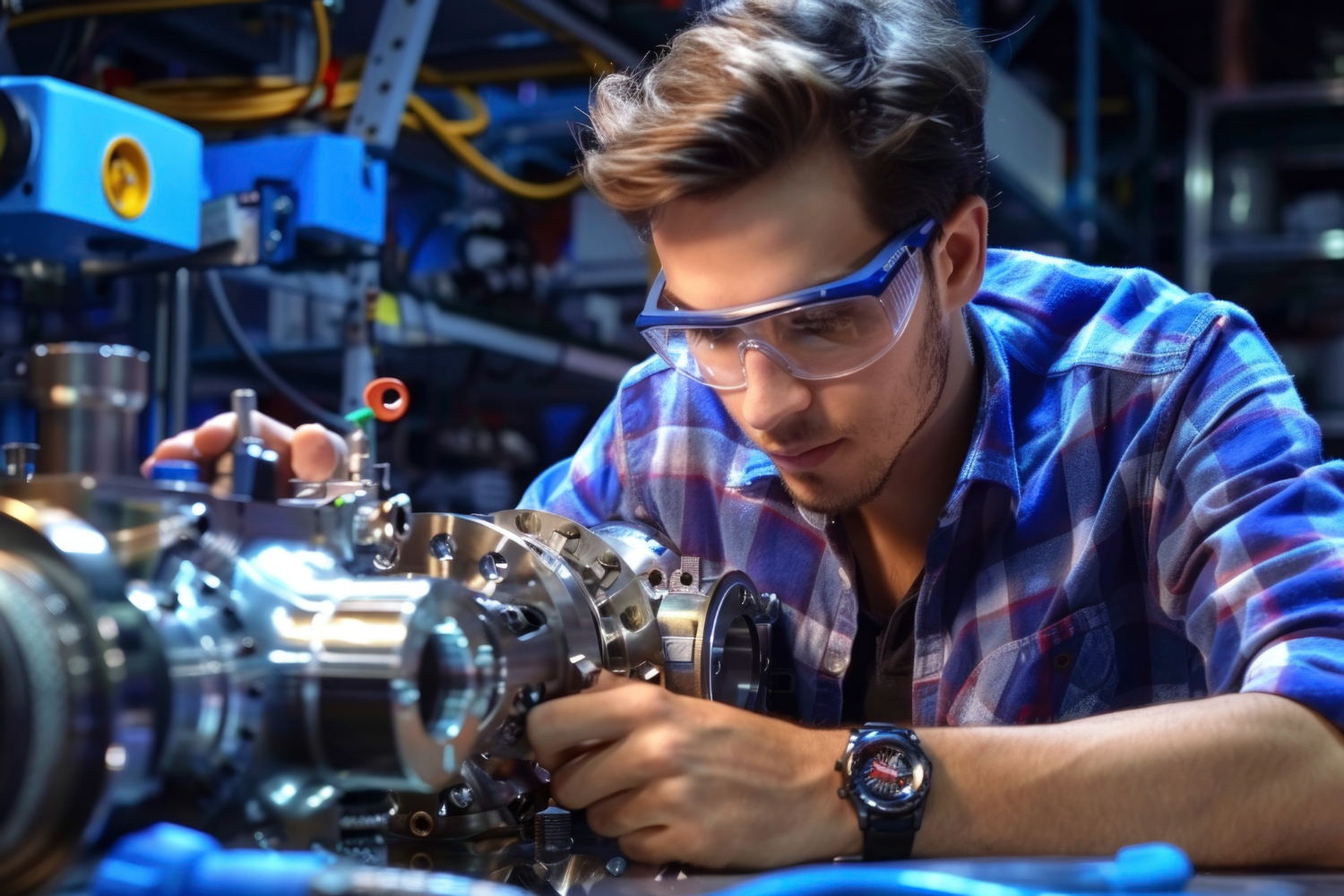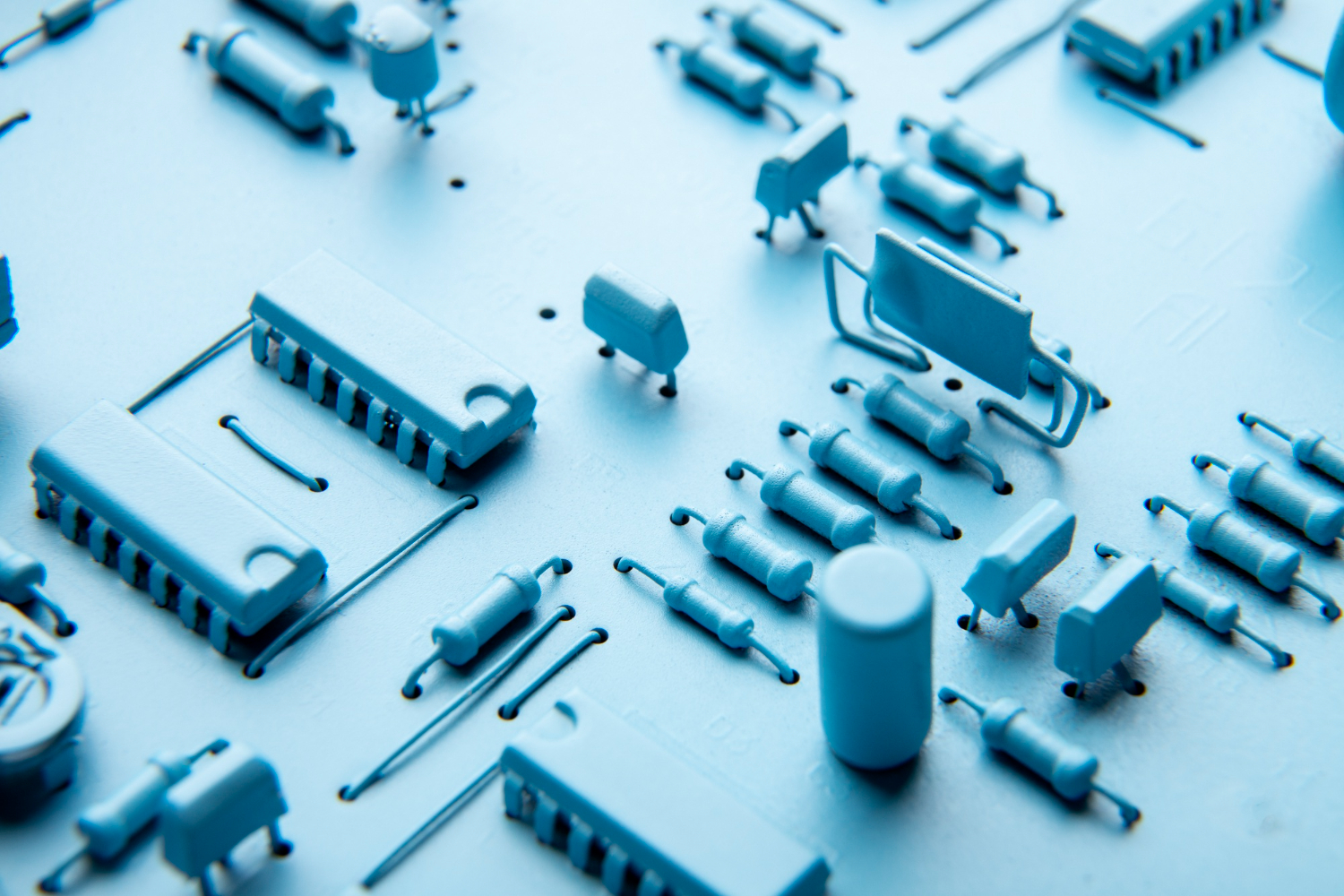Medical Device Design Services play a crucial role in the advancement of modern healthcare, ensuring that new medical devices are not only innovative but also safe, effective, and reliable. As the healthcare industry continues to evolve, the demand for sophisticated medical devices has grown exponentially. These devices are vital in diagnosing, treating, and managing various health conditions, making their design and development a critical component of healthcare innovation. This article will explore the importance of medical device design services, how they contribute to patient safety, and why they are essential for the continuous improvement of healthcare systems worldwide.
The Role of Medical Device Design Services in Healthcare Innovation
The field of healthcare is constantly evolving, driven by new technologies and scientific discoveries. Medical Device Design Services are at the forefront of this evolution, playing a pivotal role in the creation of cutting-edge devices that improve patient outcomes and enhance the overall efficiency of healthcare delivery.
How Design Services Foster Innovation
Medical device design services encompass a wide range of activities, including conceptualization, prototyping, testing, and refinement of medical devices. These services are essential for translating innovative ideas into practical, usable devices that can be integrated into everyday medical practice. By working closely with healthcare professionals, engineers, and regulatory bodies, design service providers ensure that each device meets stringent quality standards and is tailored to the specific needs of patients and healthcare providers.
Furthermore, the integration of advanced technologies such as artificial intelligence (AI), machine learning, and 3D printing into medical device design has opened up new possibilities for innovation. These technologies allow for the development of more sophisticated and personalized medical devices, ranging from wearable health monitors to complex surgical instruments. The collaboration between design services and technology developers is essential in bringing these innovations to life.
Ensuring Patient Safety Through Rigorous Design Processes
Patient safety is a top priority in healthcare, and Medical Device Design Services play a critical role in ensuring that all medical devices are safe for use. The design and development process involves rigorous testing and validation to identify and mitigate any potential risks associated with the device.
The Importance of Patient Safety in Medical Device Design
One of the key aspects of medical device design services is the focus on patient safety. This involves a thorough understanding of the clinical environment in which the device will be used, as well as the potential risks that could arise during its operation. Designers must consider factors such as biocompatibility, user interface design, and mechanical reliability to ensure that the device functions as intended without causing harm to the patient.
Moreover, regulatory bodies such as the FDA in the United States and the European Medicines Agency (EMA) in Europe have stringent requirements for the approval of medical devices. Medical device design services must adhere to these regulations, conducting extensive testing and documentation to demonstrate the safety and efficacy of the device. This process includes preclinical testing, clinical trials, and post-market surveillance, all of which are critical for ensuring that the device remains safe and effective throughout its lifecycle.
The Impact of Medical Device Design on Healthcare Outcomes
The quality of a medical device’s design has a direct impact on healthcare outcomes. Medical Device Design Services are responsible for creating devices that not only meet clinical needs but also improve the overall patient experience.
Enhancing Healthcare Outcomes Through Effective Design
A well-designed medical device can significantly enhance the quality of care provided to patients. For example, devices that are user-friendly and easy to operate can reduce the likelihood of human error during medical procedures. This is particularly important in high-stress environments such as emergency rooms or operating theaters, where the margin for error is minimal.
In addition, medical devices designed with patient comfort in mind can improve adherence to treatment protocols. For instance, wearable devices that monitor vital signs or deliver medication must be comfortable and unobtrusive to ensure that patients use them consistently. By focusing on both functionality and user experience, medical device design services contribute to better healthcare outcomes and higher patient satisfaction.
The Challenges of Medical Device Development
Developing a new medical device is a complex and challenging process that requires collaboration across multiple disciplines. Medical Device Design Services must navigate a variety of technical, regulatory, and market challenges to bring a new device to market.
Overcoming Challenges in Medical Device Development
One of the primary challenges in medical device development is ensuring that the device meets all regulatory requirements while also being cost-effective and commercially viable. This often involves balancing the need for innovation with the constraints of budget and time. Design service providers must work closely with stakeholders to identify potential obstacles early in the development process and develop strategies to overcome them.
Another challenge is the need to stay ahead of rapidly evolving technologies and market demands. Medical device design services must continuously adapt to new advancements in materials science, electronics, and software to create devices that are not only current but also future-proof. This requires a deep understanding of both the healthcare industry and the broader technological landscape.
The Future of Medical Device Design Services
As healthcare continues to evolve, the role of Medical Device Design Services will become increasingly important. The future of medical device design is likely to be shaped by several key trends, including the growing emphasis on personalized medicine, the integration of digital health technologies, and the increasing importance of sustainability in device manufacturing.
Emerging Trends in Medical Device Design
One of the most significant trends in medical device design is the shift towards personalized medicine. This approach involves creating devices that are tailored to the individual needs of patients, taking into account factors such as genetics, lifestyle, and medical history. Personalized medical devices, such as custom implants or personalized drug delivery systems, have the potential to improve treatment outcomes and reduce the risk of adverse effects.
Another emerging trend is the integration of digital health technologies into medical devices. This includes the use of AI and machine learning to enhance device functionality, as well as the incorporation of connectivity features that allow devices to communicate with other systems and provide real-time data to healthcare providers. These advancements are likely to lead to more sophisticated and efficient healthcare solutions.
Finally, sustainability is becoming an increasingly important consideration in medical device design. Design service providers are exploring ways to reduce the environmental impact of medical devices by using eco-friendly materials, minimizing waste, and optimizing manufacturing processes. This not only benefits the environment but also aligns with the growing demand from consumers and healthcare providers for sustainable products.
Conclusion
In conclusion, Medical Device Design Services are essential for the continued advancement of healthcare. They play a critical role in fostering innovation, ensuring patient safety, and improving healthcare outcomes. As the healthcare industry continues to evolve, the importance of high-quality medical device design services will only increase. By overcoming the challenges of medical device development and staying ahead of emerging trends, these services are helping to shape the future of healthcare, making it safer, more efficient, and more personalized for patients around the world.
In addition to providing top-tier design services, HDE’s customers benefit from the extensive experience and innovative solutions offered by the company. HDE’s activities and projects span a wide range of applications in the medical device field, reflecting a commitment to excellence and a deep understanding of the industry’s demands. To learn more about how HDE can support your medical device design needs, visit their website at HDE.




